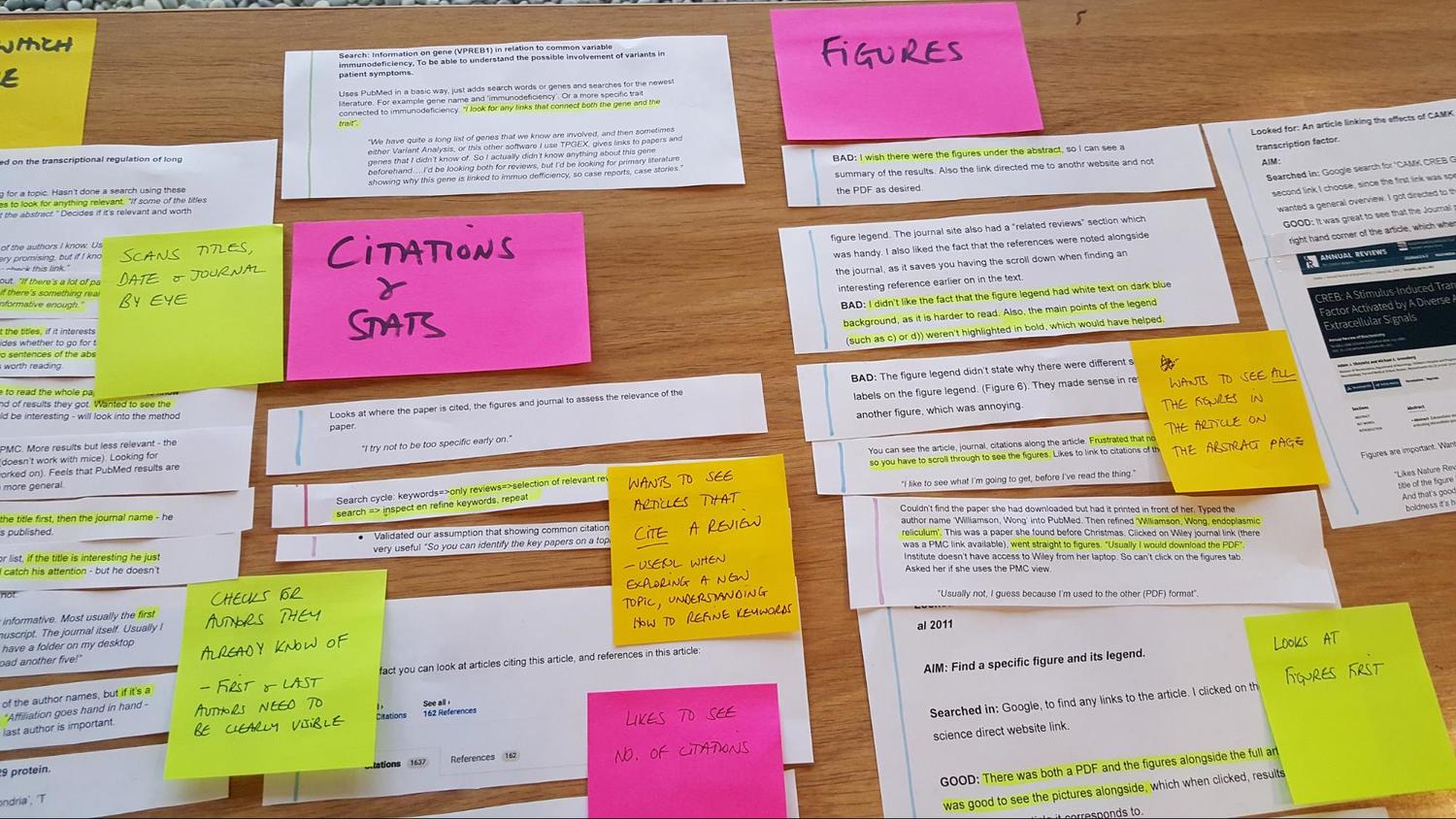New tool will help pharma design better R&D apps

A not-for-profit organisation dedicated to encouraging life sciences R&D has launched a new tool to help companies in the sector design better apps and digital tools.
The Pistoia Alliance announced it had launched the User Experience (UX) for Life Science (LS) Toolkit to improve user experience of programs in line with other global industries.
Containing user experience case studies, methods and metrics, the toolkit will enable life science companies to design and implement better, more intuitive and usable digital products.
The UXLS toolkit marks the culmination of a collaborative project aimed at benefiting R&D in life sciences and healthcare.
It contains six case studies from organisations including Novartis, AstraZeneca, and the European Bioinformatics Institute (EMBL-EBI).
There are also 10 published methods, such as interactive prototyping and usability testing, as well as principles which will assist in explaining and improving systems and processes.
Issues and the benefits of UXLS for improving productivity will be discussed further at The Pistoia Alliance’s User Experience for Life Science conference on the 14-15th May 2018 in Boston, Massachusetts, featuring keynote speakers from companies including Novartis.

EMBL-EBI's Ewan Birney
Professor Ewan Birney, director of the European Bioinformatics Institute, said: “At EMBL-EBI, we have a mandate to share data from life science experiments, and put a lot of energy into helping people make the best possible use of it.”
“We experienced a big change when we re-focussed the development of our services and started to adopt a user-centred design process. We benefited from doing user research, prototyping, design and testing to get to the heart of the problem and deliver products and services that are intuitive for researchers. I was initially sceptical, but then I was impressed to see the results across our organisation.”
The Pistoia Alliance is a global, not-for-profit members’ organisation made up of life science companies, technology and service providers, publishers, and academic groups working to lower barriers to innovation in life science and healthcare R&D.
It was conceived in 2007 and incorporated in 2009 by representatives of AstraZeneca, GSK, Novartis and Pfizer who met at a conference in Pistoia, Italy.
Last month the alliance published research showing that 44% of life science leaders are experimenting with AI in their R&D. This was based on findings from two webinars involving 374 people in the industry at the end of last year.
However the research also found that there are stumbling blocks to its use, the most cited being technical expertise about AI.












